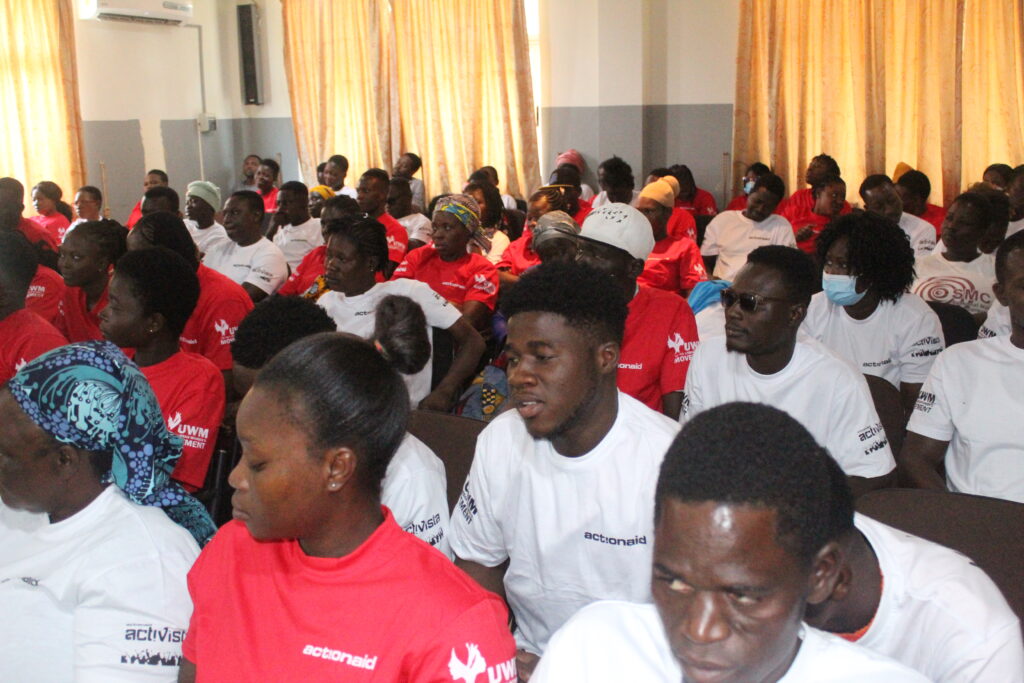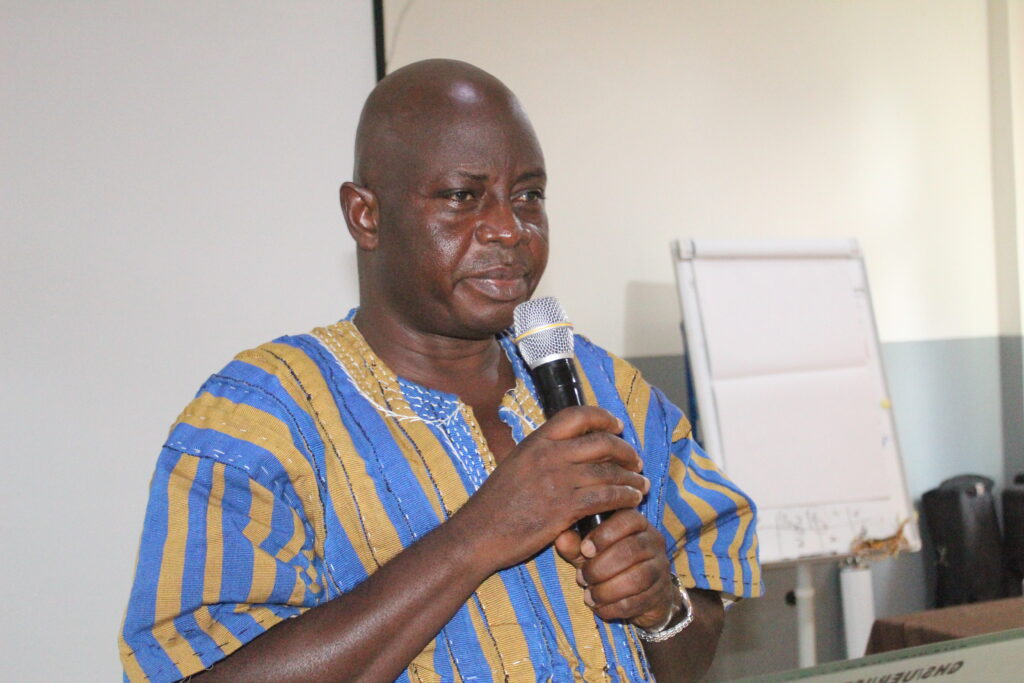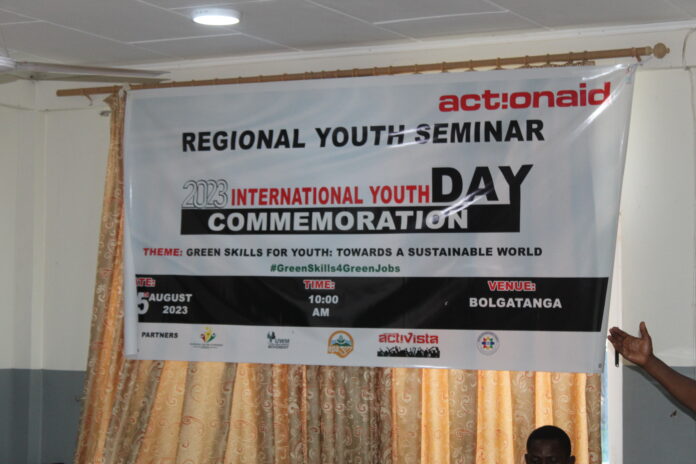ActionAid Ghana is worried about rising temperatures across the globe, increasing concerns about floods, droughts, and frequent losses by farmers which threaten food security. Not only is food security threatened, but the well-being of the entire population is threatened by the continuous degradation of the environment.
These concerns come at a time when statistics point to 850,000 people who have been pushed into poverty in 2022 due to rising commodity prices while 380,000 are food insecure, multidimensionally poor, and unemployed.
The data by the Ghana Statistical Service also suggest that 5.4 million out of 12.3 million Ghanaian workforce are multidimensionally poor which encompasses the various deprivation experienced by poor people such as poor health, lack of education, inadequate living standards, the threat of violence, and limited opportunities amongst others.
It is on this score that ActionAid Ghana believes the situation if not critically looked at could lead to heightened poverty among other issues of concern.
Speaking at a Youth Seminar in Bolgatanga as part of activities to mark International Youth Day, a Programme Officer with ActionAid Ghana, Yakubu Akuka noted that there is a need for a shift towards an environmentally sustainable and climate-friendly world that goes beyond responding to the global climate crisis but also for achieving the Sustainable Development Goals (SDGs)
He disclosed that his outfit, as part of efforts to shape a cleaner and greener future is rolling out a new country strategy paper with an emphasis on expanding access to green livelihoods, renewable energy, and economic empowerment opportunities.
“ActionAid is rolling a new Country Strategy Paper which has as one of its strategic priorities to Expand Access to Green Livelihoods, Renewable Energy and Economic Empowerment Opportunities. ActionAid will continue to encourage and support the youth to engage in agribusinesses, support agro-processing activities, waste recycling of plastics and other materials, rearing of animals, beekeeping, poultry rearing, vegetable cultivation, mushroom and snail farming and other eco-friendly businesses as well facilitate rural households’ access to clean energy options.
The youth of today face numerous challenges, and a key among these challenges is unemployment. The Ghana Statistical Services estimates that 1.76 million people were unemployed as of the third quarter of 2022 and the youth unemployment rate was estimated at 7.14% by the World Bank. One of the reasons for this situation is the fact that many young people do not want to venture into agri-business and entrepreneurship.” He noted.

This year’s International Youth Day which was held under the theme: “Green skills for youth: Towards a sustainable world” had members of Activista and Young Urban Women’s Movement participating in the seminar that saw officials of the Department of Agriculture, the Ghana Enterprise Agency and the National Youth Authority takes turns to address and respond to questions and concerns raised by the youth.
Gracing the occasion, the Upper East Regional Minister Stephen Yakubu, urged the youth to look beyond white-collar jobs and endeavor to create their own businesses.





